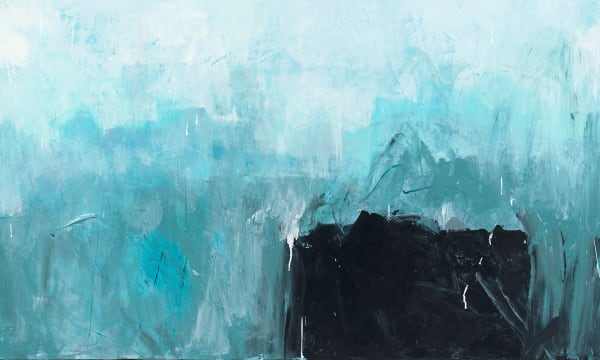In our latest report Inclusion’s Next Wave we made space for marginalized voices to speak about their own experiences, in their own words. Our interviewees call attention to persistent forms of prejudice, underpin our understanding of what inclusion means, and shine a light on what constitutes meaningful brand action. Fay Reid is one of our 18 interviewees.
Fay Reid was born and lives in east London. Struck by a lack of provision, she launched her 9 to 5 Menopause project on social media and her website, fayreid.com, to share her own experiences as a Black woman and offer education, tips and resources to working women of all ethnicities. She acts as an advisor to businesses, developing their policies and conducting lunchtime chats and workshops around the menopause. She talks to Wunderman Thompson Intelligence about discrimination in the workplace, why the menopause years shouldn’t mean a life of misery and what brands should be doing to make everyone feel included.



